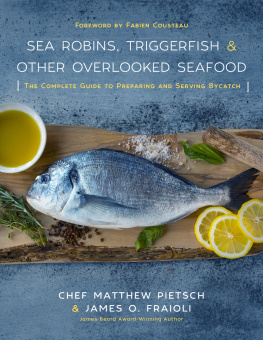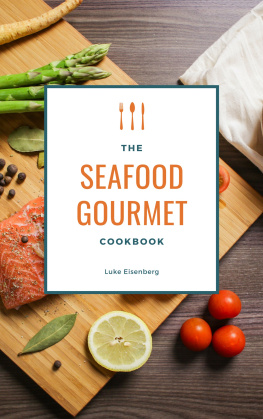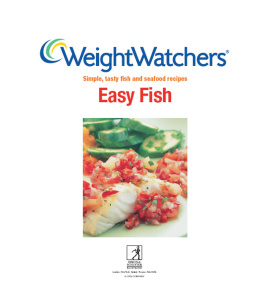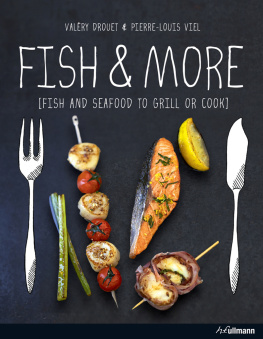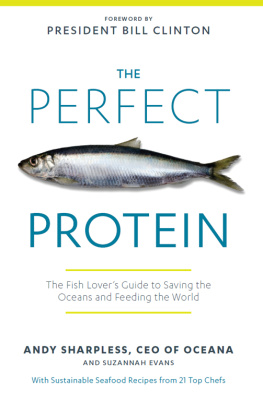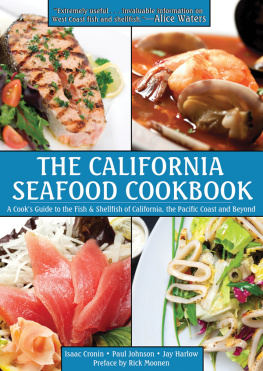Copyright 2017 by Matthew Pietsch and James O. Fraioli
Foreword Copyright by Fabien Cousteau
Photographs copyright 2017 by Matthew Pietsch, unless otherwise noted
Photographs on .
Photography on from Tucker + Hossler
Photography on from Global Seafoods
All rights reserved. No part of this book may be reproduced in any manner without the express written consent of the publisher, except in the case of brief excerpts in critical reviews or articles. All inquiries should be addressed to Skyhorse Publishing, 307 West 36th Street, 11th Floor, New York, NY 10018.
Skyhorse Publishing books may be purchased in bulk at special discounts for sales promotion, corporate gifts, fund-raising, or educational purposes. Special editions can also be created to specifications. For details, contact the Special Sales Department, Skyhorse Publishing, 307 West 36th Street, 11th Floor, New York, NY 10018 or .
Skyhorse and Skyhorse Publishing are registered trademarks of Skyhorse Publishing, Inc., a Delaware corporation.
Visit our website at www.skyhorsepublishing.com.
10 9 8 7 6 5 4 3 2 1
Library of Congress Cataloging-in-Publication Data is available on file.
Cover design by Jenny Zamenak
Interior design by Jenny Zamenak
Cover photo provided by Matthew Pietsch
Print ISBN: 978-1-5107-2642-0
Ebook ISBN: 978-1-5107-2643-7
Printed in China
This book is dedicated to the efforts and individuals who work diligently to protect and preserve our ocean and its diverse ecosystems

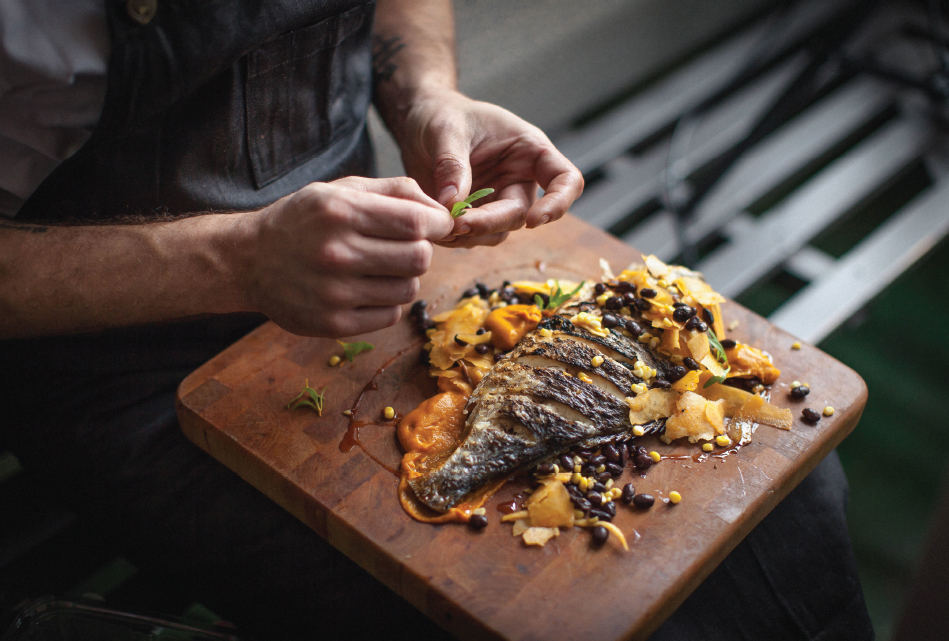
CONTENTS
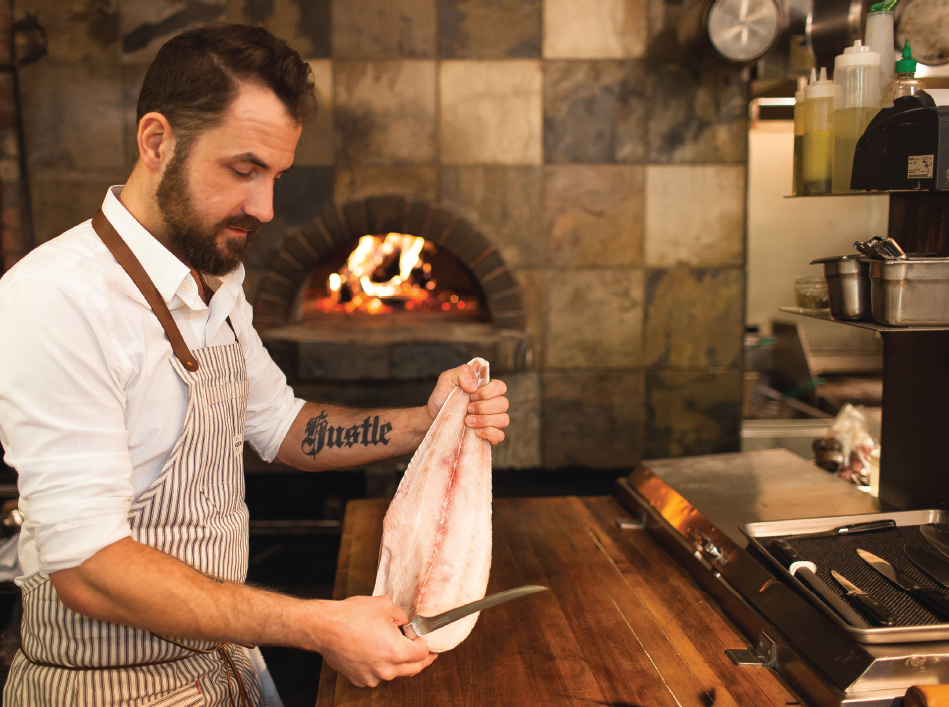
ACKNOWLEDGMENTS
The authors would like to personally thank:
Brooke Peterson, Paul Zemitzsch, Fabien Cousteau, Nicole Frail and the team at Skyhorse Publishing, and Sharlene Martin of Martin Literary Management.
Chef Matthew Pietsch would like to personally acknowledge:
Sara Bakale: Without your input, friendship, contribution, and support, Our life aquatic wouldnt exist.
Rob Nicol, Mark Schrock, Steve Darpel, and Casey Longton: Business partners and friends who have provided the support necessary for this publication to exist.
Matthew Campbell: For his thoughtful and knowledgeable wine pairings presented alongside the recipes.
Parents John & Ingrid Pietsch: For always supporting me, my wacky ideas, and providing unconditional love and guidance.
David Geen: For sponsoring me every step of the way, providing constant support and guidance, and for always listening. Gratitude and love to the entire staff at the Douglas Marriott.
The management, staff, friends, family, and guests of Salt of the Earth and Principle Food & Drink.
Donald Lesko: For the incredible guidance and support for much of the photography in this book, Jamie Skriba and Sandi Gunnett for intensively curated collaborative photography and capturing the essence of Salt of the Earth.
Mike Kenat, Gerald, Gary, Jerry, and Gibby, R&B for all the things and stuff, Austins Moustache, Paul Parrish, Dan the Man, Schmiggles, Jaguar, Two Fists Nelson, El Presidente, Emily Anstadt, Tuckers Moustache, Miles Davis, KL, Mr. Hahnsworth, Bob the flopper, Normhes my brother but were not related, Brad Baller, Fornesto, Cheffry Bailey, Andrew Briggs, Tony with the awesome hair, Rebecca Duboise Idaho, Paolo Franzese, Gary Poirier, Fred Bourney, Beth Robinson, Anne call me back, Matt Millar, Sue from the hardware store, Fennville, Michigan, and Sweetwater Donuts.
To every single one of our hardworking, dedicated growers and producers, past and present; you are the intention of our work and we celebrate your commitment to our local food system, your stewardship to the earth, supporting our business, and for assisting us to serve our guests.

INCIDENTAL CATCH
Incidental catch (noun) \in(t)-se-dent-l\kach\
Those fish caught merely by chance or without intention or calculation and retained.
Example: Hooking and keeping a grouper when fishing for snapper.
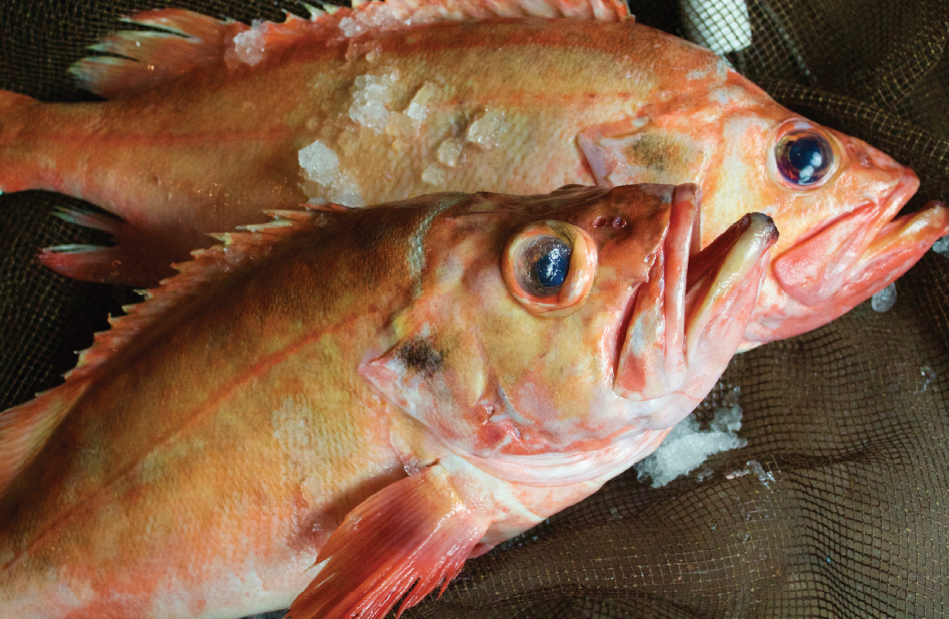
BYCATCH
Bycatch (noun) \bi-,kach\
The portion of a commercial fishing catch that consists of fish and other marine species caught unintentionally. These species may be incidental or discarded back to the sea.
Example: Catching flounder and sea robins in a bottom trawl intended for cod and keeping the cod and flounder and discarding the sea robins.
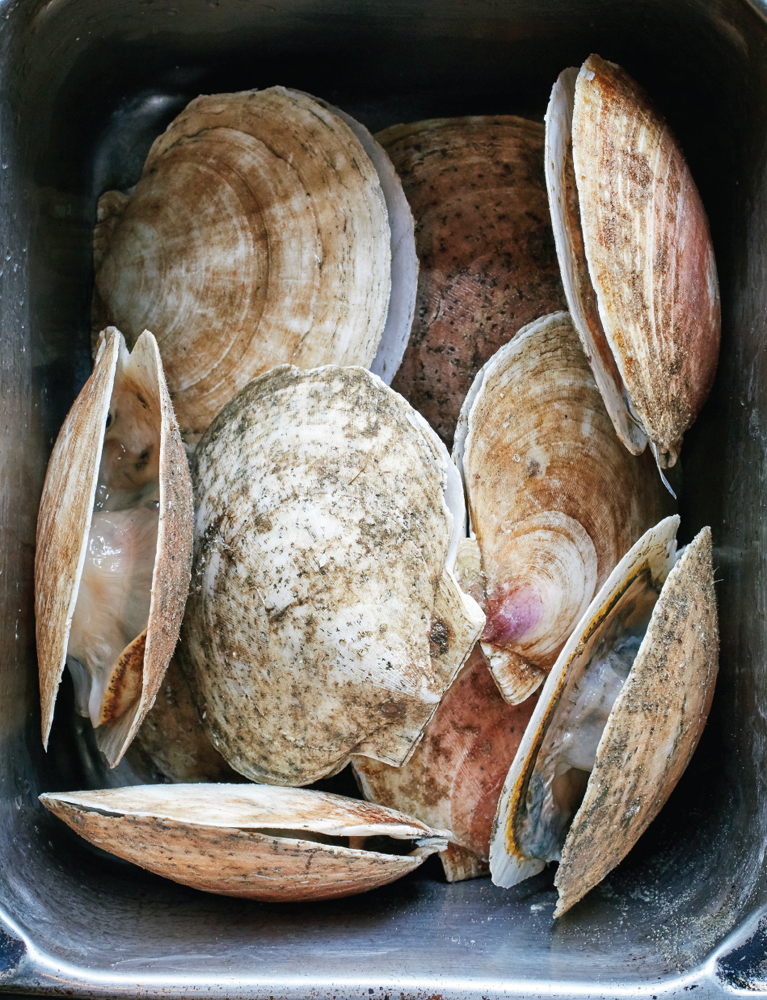
FOREWORD
by
Fabien Cousteau
For three generations, my family has expressed one of the most fundamental truths of our planet
There is no waste in Nature.
When we humans leave Nature alone, it mostly takes care of itself. All creatures and plants have a role in life. The food chain works efficiently. There is a life cycle for all things that are born or sprout: grow, eventually die, decompose, and the cycle begins again.
It is no different in the ocean. From zooplankton to orcas, seaweed to coral reefs, and sharks to rays, its a city under the sea, as my good friend, Dr. Richard Murphy, likes to explain. Every living thing has a role in keeping the ocean healthy.
Humans, however, are an inherently wasteful species. From common trash in landfills to plastic in our ocean to nutritious food simply discarded, we throw away a staggering volume of items and food products. Most people are becoming aware of the calamity due to overfishing. We are depleting our once bountiful oceanwith some fish species disappearing by 90 percent or more.
This is not to say fishing is a bad practice and consumers should stop eating fish; the role of the fisherman goes back thousands of years and has provided a living for families for generations. Our family has always supported fishermen, but we caution that overfishing certain species and using industrialized techniques that strip the ocean clean are not in the best interest of fishermen themselves.
Once a species collapses due to overfishing, it is gone and likely gone forever. Fishing with methods that keep our oceans bounty stable means many more generations of fishermen can continue their profession for future lifetimes.
How a fish eventually gets to your table is a story of many possible chapters.
Commercial fishing on a larger scale targets high-profit fish to meet the needs of restaurants, grocery stores, and individual consumers, but what often occurs is a side product known as bycatch, which are species caught accidentally and generally not profitable for fishermen despite many of these fish being perfectly edible. These fish are plucked from fishing nets and simply thrown overboard dead or barely alive.

